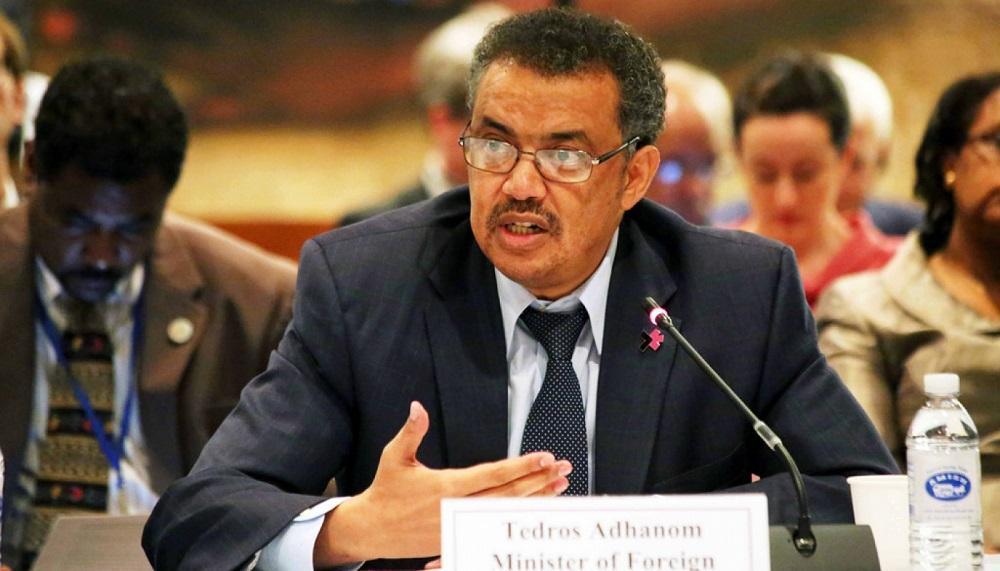Patients severely or critically ill with COVID-19 can now heave a sigh of relief as the newly introduced interleukin-6 receptor blockers, by the World Health Organisation (WHO) to COVID-19 patient care guidelines promise to reduce death risk by 13 per cent when compared with standard care.
Interleukin-6 receptor blockers are a class of medicines that are lifesaving in patients who are severely or critically ill with COVID-19, especially when administered alongside corticosteroids.
The apex health organisation described the Interleukin-6 receptor blockers as the first drugs found to be effective against COVID-19 since its recommendation of corticosteroids in September 2020.

WHO, through its recent findings from a prospective and living network meta-analyses found that in severely or critically ill patients, administering these drugs reduce the odds of death by 13%, compared to standard care
The implication of the findings to patients’ survival is that the new set of drugs will reduce death risk in patients by 15 to 1000 and even more in critically sick patients as many as 28 to 1000.
The world body in a statement said: “This means that there will be 15 fewer deaths per thousand patients, and as many as 28 fewer deaths for every thousand critically ill patients. The odds of mechanical ventilation among severe and critical patients are reduced by 28%, compared with standard care. This translates to 23 fewer patients out of a thousand needing mechanical ventilation.
“Patients severely or critically ill with COVID-19 often suffer from an overreaction of the immune system, which can be very harmful to the patient’s health. Interleukin-6 blocking drugs – tocilizumab and sarilumab – act to suppress this overreaction”.
The document further disclosed that clinical trial investigators in 28 countries shared data with WHO, including pre-publication data. Researchers worldwide compiled and analysed the data. With the support of these critical partnerships, WHO has been able to issue a rapid and trustworthy recommendation for the use of interleukin-6 receptor blockers in severe and critical COVID-19 patients.
“These drugs offer hope for patients and families who are suffering from the devastating impact of severe and critical COVID-19. But IL-6 receptor blockers remain inaccessible and unaffordable for the majority of the world,” said WHO Director-General Dr Tedros Adhanom Ghebreyesus.
“The inequitable distribution of vaccines means that people in low- and middle-income countries are most susceptible to severe forms of COVID-19. So, the greatest need for these drugs is in countries that currently have the least access. We must urgently change this.”
To increase access and affordability of these life-saving products, WHO calls on manufacturers to reduce prices and make supplies available to low- and middle-income countries, especially where COVID-19 is surging.
WHO also encourages companies to agree to transparent, non-exclusive voluntary licensing agreements using the C-TAP platform and the Medicines Patent Pool, or to waive exclusivity rights.
In addition, WHO has launched an expression of interest for prequalification of manufacturers of interleukin-6 receptor blockers. Prequalification of innovator and biosimilar products aims to expand the availability of quality-assured products and to increase access through market competition and reduce prices to meet urgent public health needs.











